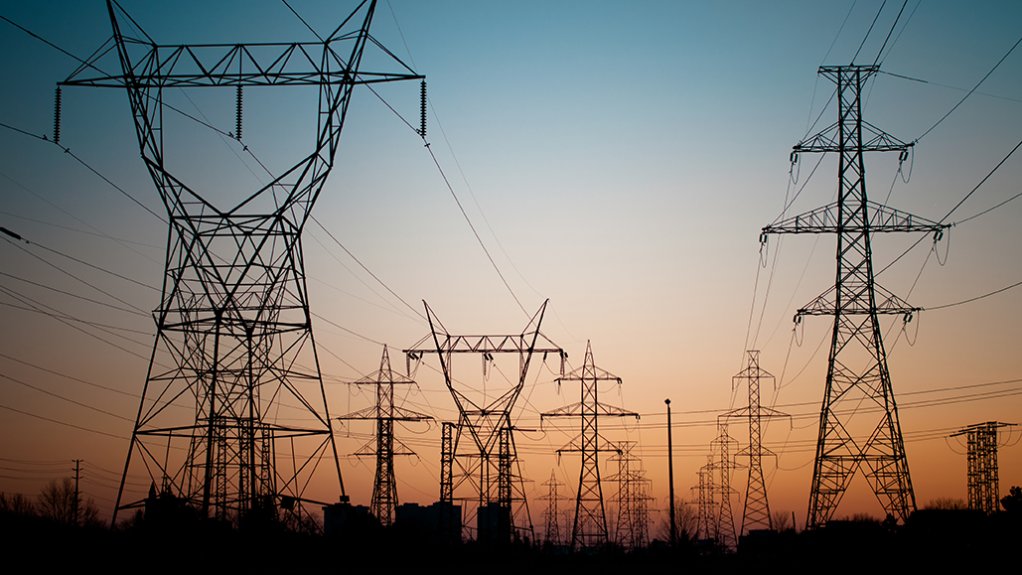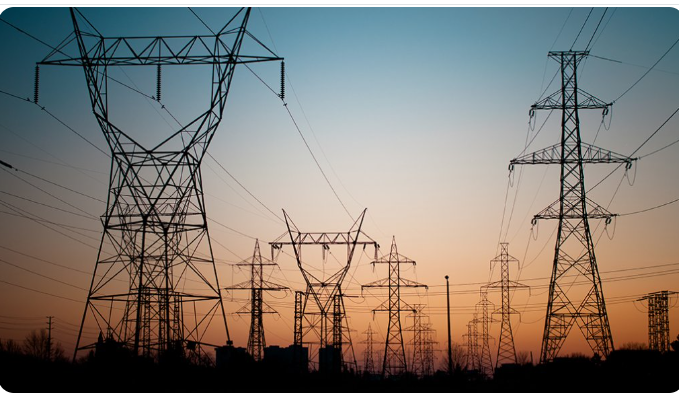
Zambia faced a nationwide power outage on Saturday, leaving millions of residents and businesses without electricity. State-owned utility company Zesco confirmed the blackout, stating that technical teams were working urgently to identify the cause and restore supply. The outage, which began in the early hours of the morning, disrupted daily life and raised concerns about the reliability of Zambia’s energy infrastructure.
The power outage was reported across all provinces, affecting households, industries, and essential services. Cities like Lusaka, Ndola, and Kitwe, major hubs for economic activities, experienced a complete halt in operations. Hospitals and public facilities turned to backup generators to maintain critical services, while small businesses faced a standstill.
Zesco, in its initial statement, described the situation as a “major system disturbance” and assured citizens that teams were mobilized to investigate and resolve the issue. However, by midday, power had yet to be restored in most areas, prompting frustration among residents and business owners.
The mining industry, a cornerstone of Zambia’s economy, was among the hardest hit. Copper mines in the Copperbelt region, which contribute significantly to the country’s export revenue, reported production delays due to the lack of power. The agriculture sector, which relies on electricity for irrigation and processing, also faced setbacks.
Small and medium-sized enterprises were particularly vulnerable, with many unable to operate without access to electricity. Restaurants, shops, and manufacturing businesses reported losses as they scrambled to adapt to the unexpected outage.
While Zesco has not yet provided an official explanation for the outage, experts speculate it could be due to a fault in the country’s power transmission network or challenges at generation facilities. Zambia relies heavily on hydropower for its electricity, with much of its energy generated from the Kariba Dam and other hydroelectric plants.
In recent years, the country has faced energy challenges tied to low water levels at its reservoirs, aging infrastructure, and inadequate investment in the energy sector. Although improvements have been made, this blackout highlights vulnerabilities that still exist in the system.
The nationwide blackout sparked frustration among citizens, who took to social media to express their concerns. Many criticized Zesco for the lack of a detailed explanation and timely updates.
This is not just an inconvenience; it’s a crisis that impacts every aspect of our lives. We need more accountability from Zesco said a Lusaka resident.
Others called for increased investment in alternative energy sources, such as solar and wind, to reduce the country’s reliance on hydropower.
Zesco has urged the public to remain patient as it works to restore electricity. We are fully committed to resolving this issue as quickly as possible. Our teams are on the ground, and we will keep the public informed as we progress the company stated. The utility provider has faced criticism in the past for prolonged outages and maintenance delays, with citizens demanding more transparency and reliability in service delivery.
This outage underscores the urgent need for Zambia to invest in its energy sector. Diversifying energy sources, modernizing infrastructure, and improving grid management are crucial steps to ensure stable power supply.
As Zambia continues to develop, the demand for electricity is expected to rise. Addressing systemic challenges in the energy sector will be critical to supporting economic growth and ensuring a higher quality of life for its citizens. For now, Zesco’s priority remains restoring power across the country and identifying the root cause of the blackout. Citizens await updates as the nation grapples with the widespread impact of the outage.
Zambia faced a nationwide power outage on Saturday, leaving millions of residents and businesses without electricity. State-owned utility company Zesco confirmed the blackout, stating that technical teams were working urgently to identify the cause and restore supply. The outage, which began in the early hours of the morning, disrupted daily life and raised concerns about the reliability of Zambia’s energy infrastructure.
The power outage was reported across all provinces, affecting households, industries, and essential services. Cities like Lusaka, Ndola, and Kitwe, major hubs for economic activities, experienced a complete halt in operations. Hospitals and public facilities turned to backup generators to maintain critical services, while small businesses faced a standstill.
Zesco, in its initial statement, described the situation as a major system disturbance and assured citizens that teams were mobilized to investigate and resolve the issue. However, by midday, power had yet to be restored in most areas, prompting frustration among residents and business owners.
The mining industry, a cornerstone of Zambia’s economy, was among the hardest hit. Copper mines in the Copperbelt region, which contribute significantly to the country’s export revenue, reported production delays due to the lack of power. The agriculture sector, which relies on electricity for irrigation and processing, also faced setbacks.
Small and medium-sized enterprises were particularly vulnerable, with many unable to operate without access to electricity. Restaurants, shops, and manufacturing businesses reported losses as they scrambled to adapt to the unexpected outage.
While Zesco has not yet provided an official explanation for the outage, experts speculate it could be due to a fault in the country’s power transmission network or challenges at generation facilities. Zambia relies heavily on hydropower for its electricity, with much of its energy generated from the Kariba Dam and other hydroelectric plants.
In recent years, the country has faced energy challenges tied to low water levels at its reservoirs, aging infrastructure, and inadequate investment in the energy sector. Although improvements have been made, this blackout highlights vulnerabilities that still exist in the system.
The nationwide blackout sparked frustration among citizens, who took to social media to express their concerns. Many criticized Zesco for the lack of a detailed explanation and timely updates. This is not just an inconvenience; it’s a crisis that impacts every aspect of our lives. We need more accountability from Zesco said a Lusaka resident.
Others called for increased investment in alternative energy sources, such as solar and wind, to reduce the country’s reliance on hydropower. Zesco has urged the public to remain patient as it works to restore electricity. We are fully committed to resolving this issue as quickly as possible. Our teams are on the ground, and we will keep the public informed as we progress, the utility provider has faced criticism in the past for prolonged outages and maintenance delays, with citizens demanding more transparency and reliability in service delivery.
This outage underscores the urgent need for Zambia to invest in its energy sector. Diversifying energy sources, modernizing infrastructure, and improving grid management are crucial steps to ensure stable power supply.
As Zambia continues to develop, the demand for electricity is expected to rise. Addressing systemic challenges in the energy sector will be critical to supporting economic growth and ensuring a higher quality of life for its citizens. For now, Zesco’s priority remains restoring power across the country and identifying the root cause of the blackout. Citizens await updates as the nation grapples with the widespread impact of the outage.


